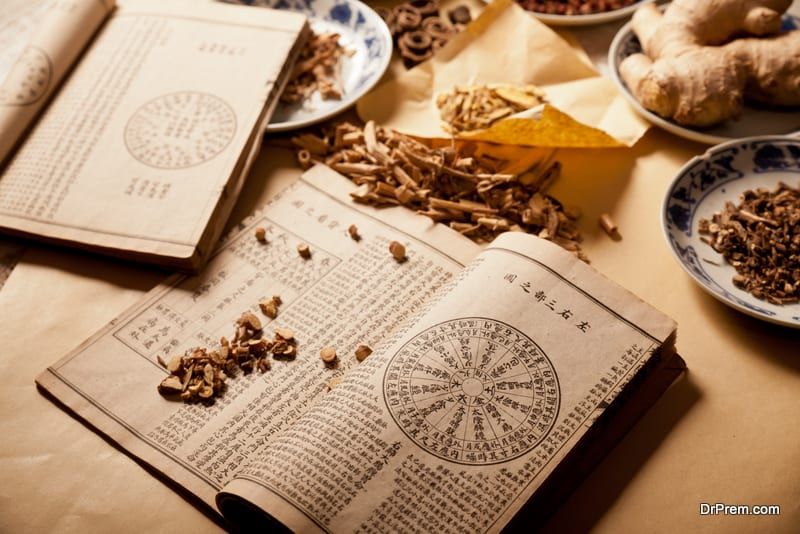Traditional Chinese Medicine (TCM) is an ancient and holistic approach to healthcare that has been practiced for over 2,500 years. It is based on the belief that the body is an interconnected system, and achieving balance and harmony within this system is vital for good health.
Principles of Traditional Chinese Medicine
TCM revolves around a few key principles:
Qi (Chi): Qi is the life force or energy that flows through the body’s meridians. When Qi is in balance, the body is healthy. TCM aims to unblock any Qi imbalances and restore proper energy flow.
Yin and Yang: Yin and Yang are complementary forces that exist in everything, including the body. Yin represents cooling and calming energies, while Yang represents warming and stimulating energies. TCM seeks to balance Yin and Yang within the body to maintain optimal health.
Five Elements: TCM associates different organs and systems with five elements – Wood, Fire, Earth, Metal, and Water. These elements also have corresponding colors, tastes, emotions, and seasons. Harmonizing the five elements is believed to support overall well-being.
Harmony for Health
TCM views health as a state of harmony between the body, mind, and environment. It emphasizes the prevention of illness by promoting balance and addressing the root causes of disease rather than merely treating symptoms.
Some common TCM practices used to restore harmony and enhance well-being include:
Acupuncture: The insertion of thin needles at specific points along the body’s meridians to stimulate and balance Qi flow.
Herbal Medicine: The use of natural substances, such as herbs, roots, and fungi, to restore balance and address specific health concerns.
Dietary Therapy: A tailored approach to nutrition that promotes balance and supports overall health. TCM believes that certain foods have specific energetic properties that can either nourish or disrupt the body.
Tai Chi and Qi Gong: Mind-body exercises that combine slow, deliberate movements, meditation, and deep breathing to enhance Qi flow and cultivate relaxation and mental clarity.
Modern Applications and Continued Relevance
As traditional Chinese Medicine continues to gain recognition worldwide, more scientific studies are being conducted to validate its efficacy in modern healthcare. It complements conventional medicine and offers alternative solutions for various conditions, including pain management, stress reduction, digestive disorders, and immune system support.
In today’s fast-paced and often stressful world, Traditional Chinese Medicine provides an approach that not only treats physical symptoms but also addresses the underlying imbalances, promoting overall well-being and harmony.
Article by: [Your Name]
[Your Title/Qualifications]




